January


NPI Social Justice Committee is seeking nominees for the Movimiento Guerrilla de Diversidad Award. This award recognizes an NPI member who makes considerable effort to serve diverse and marginalized populations in our community and to promote social justice.
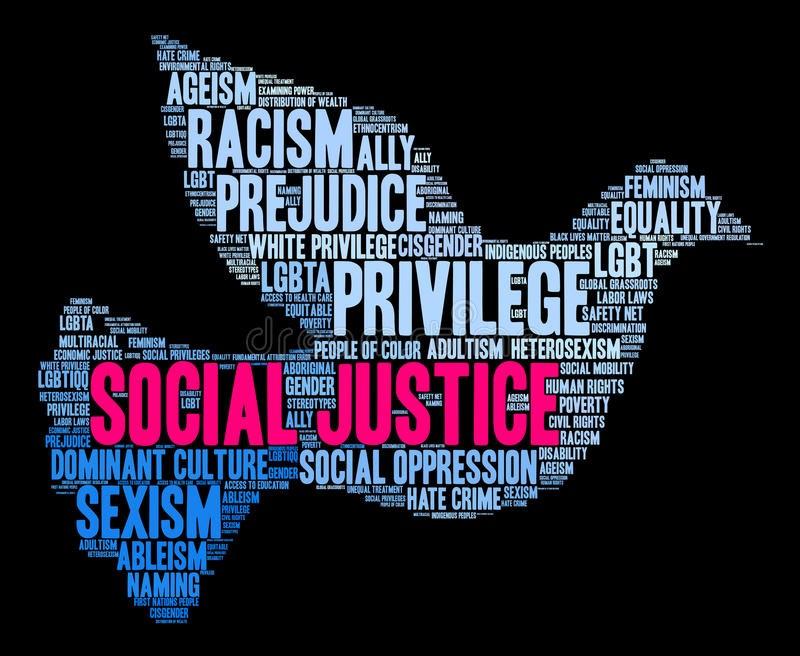
have been pleased to honor the following individuals in the past: Roy Hutton, Linda Manning, Julia McAninch, David McMillan, Kenneth Robinson, Barbara Sanders, Kacy Silverstein, and Gert Comfrey. We will present this year's award during the first meeting of 2023 on Friday, January 13th. If you'd like to nominate a member of NPI for this award, please email Linda Manning, co-chair of the NPI Social Justice Committee, at doclgm70@gmail.com . Please include some information about the individual, and what you know of the person's efforts to advance social justice.
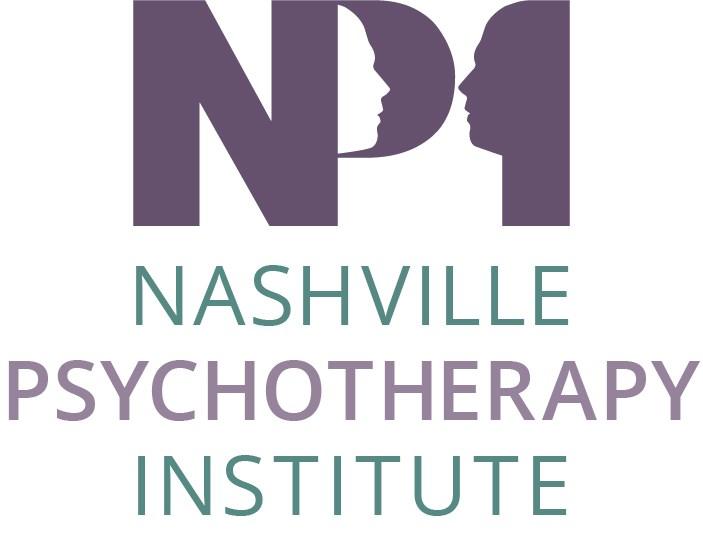
1 NPI REFLECTS Volume 12: Issue 3 FALL 2022 What is NPI? The Nashville Psychotherapy Institute or NPI is a 501(c)(6) non profit, professional organization. Founded in 1985, NPI now boasts 300+ members. www.NashvillePsychotherapyInstitute.org Inside this issue: A note from the Chair Linda Manning 2 A note from the Chair-elect Tom Neilson 3 Continuing Education Opportunities CE Meetings & Connection Retreat 4 Will meditation replace medication? Juliana Vokes 5 Celestial Ceremony Barbara Sanders 6 Female Linda Odom 7 Board Member Spotlight Emily Ector-Volman 9 Reflections on Working with Characterological Deficits... Philip Chanin 10 NPI
Visit Page 7 to learn more
Movimiento Guerrilla
Diversidad NOMINATIONS
strives to cultivate respect within our community for people of all abilities, ages, countries of origin, ethnicities, genders, gender expressions, races, religions, and sexual orientations.
about NPI’s Social Justice Committee!
de
DUE BY
9th! The
We
Today I am writing my last NPI Newsletter article as your Board Chair. In January, my dear friend Tom Nielsen will step into this role, and I know that NPI will be greatly served by his wisdom and compassion. Michael Murphy will be joining us as Chair-Elect, ensuring a bright future for several years to come.
As I mentioned in our last newsletter, it has been a challenging year. We are all still dealing with the past, and on-going, impact of the COVID pandemic, political division, war in Europe, and the worsening climate crisis. This has resulted in a true mental health crisis in our state, our country and around the world. We psychotherapists are holding space for this crisis while dealing with the same impacts in our own lives.
Manning, PhD
Amid all of this, NPI is thriving. Our membership numbers are up. We have received wisdom from a wonderful slate of presenters at our hybrid luncheons, so beautifully curated by Kirk Barton. We have had record attendance for online Social Justice Committee programs on Healing Religious Trauma and Ethical Practice in the Wake of Dobbs. Many of us enjoyed the Care for the Caregivers event featuring the music of two wonderful singer songwriters - our own Kenneth Robinson and our good friend Tom Kimmel.
As we navigate our way forward, we are looking back to our NPI roots. This organization was created to provide continuing education for an interdisciplinary group of psychotherapists, and to create an opportunity for dialogue, support, and networking among members. During the COVID crisis, we moved our luncheon meetings online, and during this year we offered hybrid events. Starting in January, our luncheon meetings will return to in-person only. (If COVID throws us another curve, we will adjust). In this way, we hope to provide those important opportunities for dialogue, support, and networking. We will also experiment with additional online-only events. Our hope is to provide continuing education virtually as well as in-person, so that those who feel unsafe gathering have options.
I started this year by focusing on the theme of Compassion and the Common Good. I asked in the Fall 2021 Newsletter, “How can NPI provide a context that supports all of us in becoming more compassionate? How can we work toward the “Common Good.” How can we, as psychotherapists, take care of ourselves as we deal with this mental health crisis? I would like to work with all of you to create a context within NPI that supports this goal, a context that supports compassion toward ourselves, our clients, and each other. A context that helps us to be more aware of the cultural impacts around us. A context that supports students, new, and seasoned therapists alike.” I hope that we have made some progress in this direction.

It has been an honor for me to work with and for all of you this year. You have a dedicated and highly competent Board (including members from this past year and next year). It is so very clear that these Board members are focused on keeping NPI vibrant and serving your needs. This commitment is evident in every meeting. I look forward to continuing this work with the Board as Past Chair for this next year. And I am excited to see where we go from here!

2
From the Chair...
Linda
From the Chair-elect…
As 2022 draws to a close, I look forward with gratitude to becoming Chair of the NPI Board in January. NPI has been a vital part of the Middle Tennessee psychotherapy community since 1985, providing invaluable networking and continuing education opportunities for therapists in Nashville. Interdisciplinary organizations of psychotherapists are uncommon, providing opportunities for social workers, counselors, marriage and family therapists, psychiatric nurses, pastoral counselors, psychologists, and psychiatrists to connect, and NPI is one of these rare interdisciplinary gems. I would like to thank Linda Manning, who is both the 2022 chair and my friend, for guiding NPI over the last year and for helping me get ready for my time as Board Chair. I would also like to thank our Executive Coordinator, Melissa Vickroy, who has done a fantastic job supporting and helping to direct NPI over the last year. I look forward to having the support and guidance of both Linda and Melissa next year. I would also like to thank the Board Members who will soon rotate off the Board: Immediate Past-Chair, John Nichols, Kirk Barton, Emily Ector-Volman, Kristin Finch, and Jay Tift. Thank you for your devotion and hard work!
Tom Neilson, PsyD


I would like to welcome new Board Members who will join us in January, including Michael Murphy, who will be the new Chair-Elect, and Krista Conrick (currently serving as Student Member), Rich Gorman, Sarah Rodgers, Khalid Stetkevych, and Eboni Webb. I am delighted to have the opportunity to work with Michael and with all our new Board members.
One of the traditions of the NPI Board is to ask the Incoming Chair to choose the theme for the coming year. After much thought, and help from fellow board member Doug Taylor, I have chosen the theme Opening to Our Inner Healing Intelligence I first learned of the concept of Inner Healing Intelligence in my psychedelic psychotherapy training and later in an Internal Family Systems workshop. Inner Healing Intelligence refers to the internal wisdom that encourages the human psyche to move in the direction of healing, wholeness, well-being, and growth. I consider it to be similar to the actualizing tendency described by Abraham Maslow and Carl Rogers. The therapist working with Inner Healing Intelligence trusts the client to move toward healing and wholeness and supports this movement by creating a supportive, attuned, nurturing therapeutic environment. According to Michael Mithoefer, MD, utilizing Inner Healing Intelligence in psychotherapy is like removing debris and sterilizing a wound so that the body’s natural intelligence can heal the wound. Rumi has offered similar wisdom: “Your task is not to seek for love, but merely to seek and find all the barriers within yourself that you have built against it.” Inner Healing Intelligence often manifests as meaningful sensations felt in the body; therapy that utilizes Inner Healing Intelligence attends to the body as well as the mind. I personally believe that the psychotherapy community - and the entire world - would benefit from greater skill using Inner Healing Intelligence.
Inner Healing Intelligence recognizes the importance of connection and community. The members-only 2023 Connection Retreat is scheduled for February 18 and 19 at St. Mary’s Sewanee. The retreat will focus on Connections with Ourselves and Nature. I hope to see many of you there, to deepen our relationships with one another and draw upon nature to recharge and reconnect.
NPI events in 2023 will be either in-person or virtual (unless the COVID situation changes significantly for the worse). NPI plans to discontinue the hybrid model, hoping to encourage more of us to meet in person, where networking and connecting is easier, while still offering some virtual events. The current plan is for the Monthly CE Luncheons and the Fall Workshop to be entirely in-person.
The 2023 Monthly CE Luncheons will be loosely or directly connected to the theme of Using Our Inner Healing Intelligence. I would like to thank Doug Taylor for his inspired and creative work choosing luncheon presenters and topics. Upcoming presenters include Amy Price Neff, MD; Adrianne McKeon, PhD; Kenneth Robinson, MS, MTS; Brian Wingate, LMT; David Dark, Ph.D.; Bruce Rogers-Vaughn, Ph.D.; Gurjeet Birdie-Osher, MD; and Mendy & Joe McNulty, LMFT.
Finally, I encourage you to submit an article for the NPI Reflects Newsletter. We welcome submissions from all members. This is an opportunity to share your knowledge, wisdom, passions, and insights. The newsletter is published three times a year and is distributed to over a thousand individuals in Middle Tennessee. I would like to personally thank Emily Ector-Volman for her hard work editing the newsletter.
3
Friday, January 13, 2023
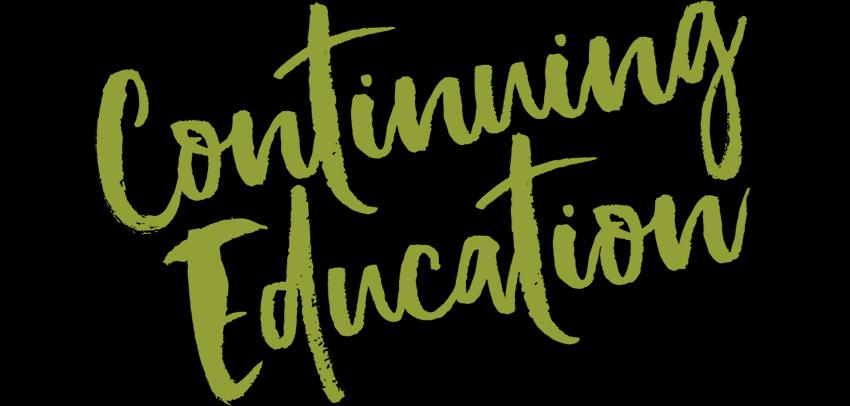
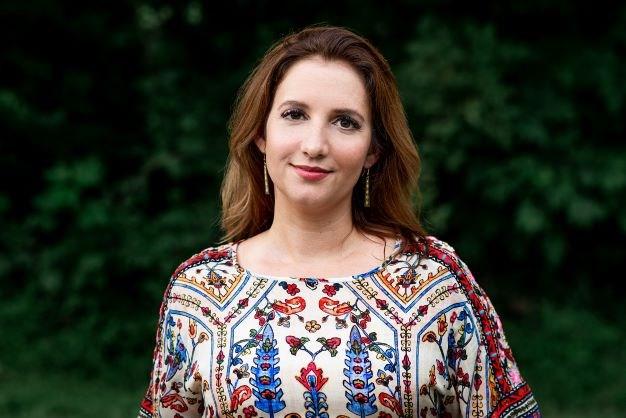



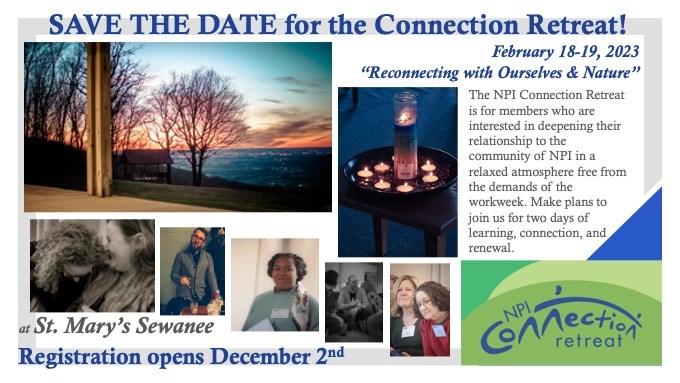
4 Make plans to join us in 2023 We can’t wait to SEE you!
“Befriending
”
***********************************************
“An Exploration of How a Client's
Identity
Each in-person presentation is eligible for one CE Program & Registration Information at www.NashvillePsychotherapyInstitute.org
the Inner Healer in the Medical Setting,
presented by Amy Price Neff, MD
Friday, February 11, 2023
Hispanic
Informs Clinical Work,” presented by Adrianne McKeon, PhD
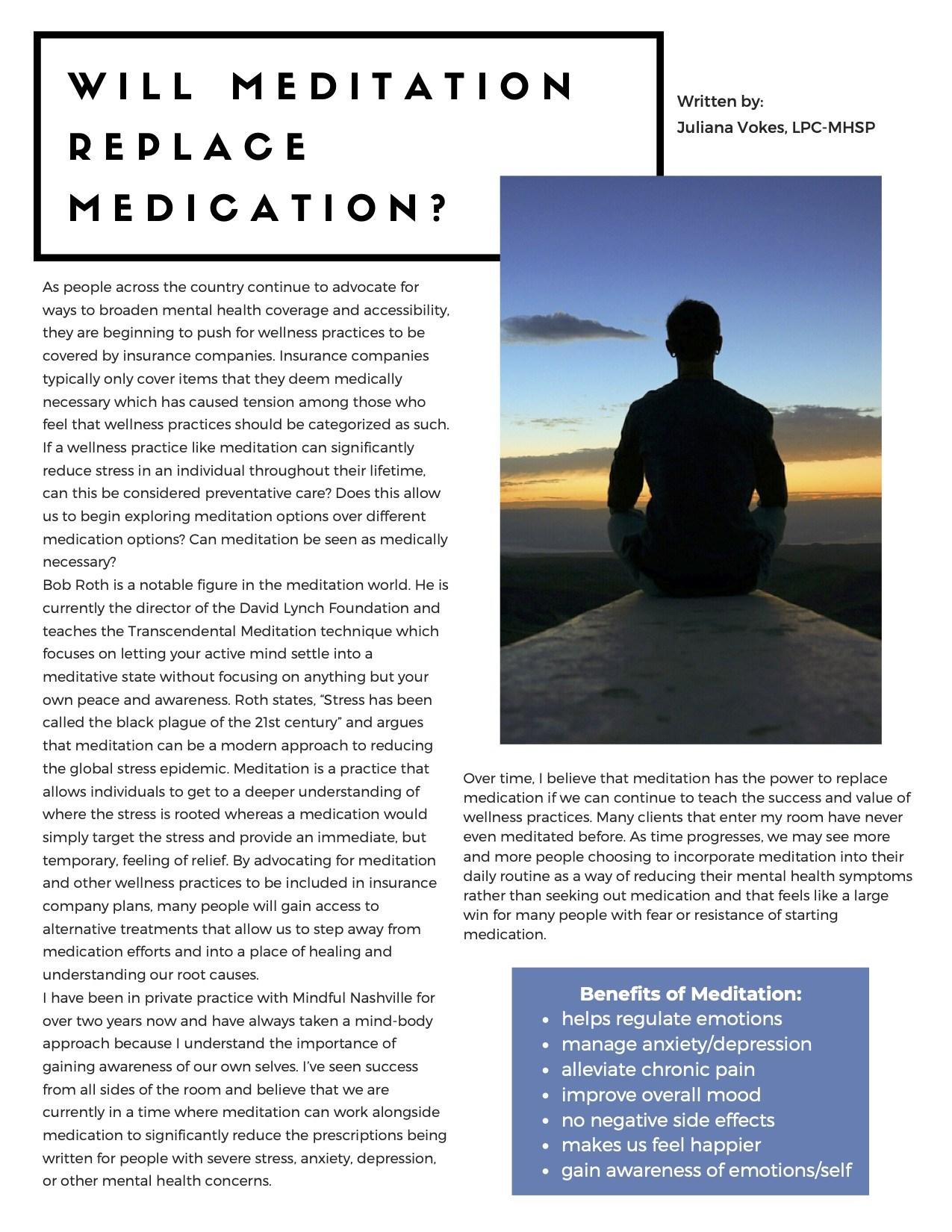
5
Celestial Ceremony
By Barbara Sanders, LCSW
www.
Sacred-Freedom.org
Churches, sprinkling water on babies' heads, signs of the cross Churches, dunking people underwater, symbolizing new life Ceremonies of love, Ceremonies of grief
Mother Nature, baptizing us in wildfires, hurricanes Shaking herself with earthquakes
Human, bird, insect, fish, reptile, and animal beings, injured, dying, dead Some forests in ashes, new growth already springing forth
Celebrations of transitions from womb to birth
From death to new life
From gender to gender
To honor and respect change and growth
Anoint ourselves and each other Doused with water or oils
A daily journey through life, transforming, transmuting Transcendent
A ceremony to end all other ceremonies
Take a breath and relax Activation takes time, diving downward Into dark Mother Earth's womb

To feel, to witness all the shadowy parts Of ourselves, the dark beings in our lives Get to know and embrace them Bring them up into the light
A ceremony for accepting all our internal parts Even those that trouble us
A celestial ceremony
Lifting us up into the Spirit World Where we are naked
Once more
6
FEMALE
By Linda Odom, PhD
One of Jung’s most consistent subjects was the importance of recognizing pairs of opposites, on which his theory of the “tension of the opposites,” is based. The Nashville Jung Circle presentation by Tony Caldwell on masculinity and the masculine archetype calls to mind its opposite, the feminine archetype. NJC board member and therapist Linda Odom offered the following thoughts and poem on the Feminine and its relation to the Masculine: “The inspiration for my poem was the insight that the root of repression of women in our society (and the world throughout history) is the repression of the feminine in men. And that it is the patriarchal repression of the feminine that is the root of toxic masculinity and of the illness of our society.”
Look at me. I am a mirror.
What you see - and fear - and hate And are desperate to control Is inside of you. Locked away In a cold prison. Down the stone steps Into the deepest dark. Behind bars.
I am the deepest, most alive, most natural and authentic part of you.
I am your unscripted responses, Your creative outpouring.
I am your earth, your sky, your trees with their deep and hidden roots. I am your animals running free.
I am your sun, your moon, your stars. I am your channel to the Divine.
I am your very life force.
I am your Light And your Love
And your eternal Soul. Do you secretly yearn for me?
NPI Social Justice Committee (continued from page 1)
NPI was founded to provide a forum for continuing education for licensed mental health clinicians and an opportunity to experience community with one another and encourage one another in all aspects relevant to our common scope of practice. The Social Justice Committee supports these goals of NPI. We do this with events we create and host, as well as by providing resources and information about events sponsored by other organizations in Middle Tennessee.
As a part of our commitment to promoting Social Justice, NPI’s Social Justice page: https://nashvillepsychotherapyinstitute.org/social-justice/ and the new Diversity, Equity and Inclusion page: https://nashvillepsychotherapyinstitute.org/social-justice/ on the NPI website provide education and advocacy resources. The Social Justice page describes our mission and invites participation and suggestions by any interested NPI member. The Diversity, Equity and Inclusion page acknowledges the national moment of reckoning related to race and its intersectionality with gender, class, and other social locations and identities, and how we as therapists can be involved in this movement. It includes statements from our professional organizations, professional practice guidelines, and resources for education and action. We are continuing to add links to assist members in tracking legislative proposals that impact our work as therapists and the people that we serve. Please let us know of any needs or suggestions that you have for the work of this Committee by contacting Linda Manning at doclgm70@gmail.com or Valerie Martin at valerie@gaiacenter.co.


7

Board Member Spotlight
Emily Ector-Volman, LPC, NCC
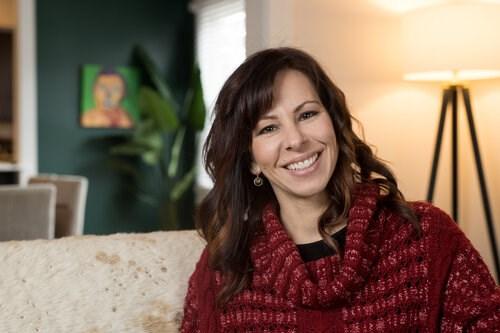
As my tenure on the NPI Board wraps up, I am honored to be able to share my gratitude to you all for allowing me to edit this fine newsletter for last three years. I hope you have enjoyed the insights, backgrounds, and brilliance of our members’ words as much as I have.
I love words. Words create stories and stories are what drew me to therapy. I have been a therapist for the last five years. I am a certified Imago and sex therapist, and my private practice is in Cool Springs. I work primarily with couples, and every one of them has great stories. Beautiful stories of love, passion, conflict, pain, longing, peace, and the resilience of spirit.
Before I became a licensed counselor, I was a professional storyteller. I am an opera singer, have voiced commercial jingles (spinning the yarn that Folgers really is the best part of waking up), and even this year co-wrote songs for a forthcoming AppleTV+ animated series. Mainly in my entertainment career, I’ve told comedy stories via screenplays, jokes, and songs. I am an alumna of The Groundlings School and The Second City and live by the improvisational comedy philosophy of “yes, and…”. Practically speaking for improv comedy, agreeing with a presented idea and then adding on to that premise is imperative to building a story for the scene you’re acting out. For life, this tenet allows us to hold space for multiple thoughts, feelings, and possibilities. I believe in this because we are complicated humans, and we often want to simplify things for ease. Both of these wants are true. We want to be complicated and “feel all the feels” while we simultaneously want things to be easy because we are exhausted. How captivating we humans are!
I joined NPI my first semester as a graduate student. At that time, I felt very fortunate to earn scholarships to workshops and luncheons by greeting many of you at the door and helping with registration. Since then, I have gotten to know several wonderfully, inspiring NPI members and serve on the Board during an unusual time. As we have collectively crawled out of our pandemic cocoons, it has been truly awesome to see the reinvention and resilience of, not only our clients, but all of you as therapists. How NPI as an organization and each of you individually has continued to “yes, and…” what we do as a profession has personally kept me building onto my own story. I thank you.
Although I am stepping off the Board in 2023, I hope to continue to get to know each of you and connect through any of the “yes, and’s” that come our way.

9
Emily Ector-Volman
Building A Self: Reflections
on Working with Characterological Deficits in Long Term Psychotherapy
By Philip Chanin, Ed.D, ABPP, CGP Board Certified Clinical Psychologist
Assistant Clinical Professor, Department of Psychiatry at Vanderbilt University Medical Center www.drphilchanin.com ~ philchanin@gmail.com
“Some theorists understand the matter in this way: The therapist becomes an inner function of the patient, the conscience, say, or the heart. The usual analogy is with a child who can skate only when a parent is on the ice right beside; the parent is the child’s nerve or guts, or even the stiffness in the child’s ankles. You may need what the child skater needs, additional self. We can all use additional self. (Outside therapy, people often enter relationships to get self and then complain that they have not gotten something else, say, romance; and to point out the distinction may help them to evaluate the relationship.). We borrow parts of people constantly. If self is what you require of me, the advising aspect of my job will be easy. You will tell me what you already know, and I will confirm your conclusions.” (Should You Leave by Peter D. Kramer, M.D.; New York: Scribner, 1997, p. 43)
In the course of a recent treatment hour, a patient who experienced a very abusive childhood said to me, “I don’t have a self.” Though it is early in her therapy, already she understands and can articulate why she has come to see me. This is something she has never experienced having a sturdy, separate, independent-yet-connected self. She understands that this will be a process that likely will take years and is not amenable to time-limited psychotherapy.
Characterological deficits which we are so often dealing with in our offices cannot be ameliorated with brief psychotherapy. One book which richly conveys the magnitude of the task of treating character disorders is David Celani’s The Illusion of Love: Why the Battered Woman Returns to Her Abuser. Like Murray Bowen, Celani uses the concept of lack of differentiation to describe what it means to lack a self. He writes: “Lack of differentiation is a key to understanding both males and females who desperately return to destructive relationships The normal healthy sense of self has a firm boundary around it that cannot be breached. The empty, emotionally abandoned individual invites others ‘on the outside’ to come ‘inside’ in order to make them feel whole.” (pp. 41-42)
In psychotherapy with individuals with such deficits, part of our task is to help them to acknowledge and affirm subtle aspects of the self, especially aspects that were disapproved of by their parents. Celani uses the analogy of the sophisticated wine taster, who is “able to distinguish one year’s growth from lesser or better vintages of the same vineyard. The same holds true for the human ability to gradually differentiate among subtle differences in the feeling states within one’s interior world.” (p. 35)
Without a consistent, coherent sense of self, it is almost impossible for the individual to make good choices. In Celani’s words,
“
A poorly integrated ego leaves the unfortunate person on the brink of chaos. This is yet another ‘key’ reason (there seem to be about a dozen ‘key’ reasons that contribute to adult personality disorders) that the poorly reared child develops into an adult who is confused, chaotic, and easily taken over by others. The poorly integrated individual has so many contradictory views of himself, and of others, that he loses confidence in his perceptions, feelings, and opinions. He is easy prey for people who (to him forcefully) present another version of reality, for he is so unsure of his own shifting and chaotic view.” (pp. 60-61)
It is my firm belief, and Celani’s as well, that the therapeutic work involved in helping a patient to build a consistent self upon which s/he can rely is a task best measured in years, and not amenable to brief psychotherapy. Celani asks, “How does this process happen?” “In truth,” he answers, “it happens slowly over time, like grains of sand falling in an hourglass. Each small positive introject (of the therapist) weighs little individually…Because of the gradual nature of the introjection process, very little appears to happen at the outset of therapy, as there are too few positive introjects to alter the patient’s normal coping strategies.” (pp. 182-183)
10
(Continued on page 11)
While advocating for the importance of the therapeutic task of working with individuals with characterological impairments, it is also essential to be aware of the extraordinary impediments that we face in doing psychotherapy with them. In Celani’s words, “The struggle between the newly internalized memories and the enormous pressure from inner emptiness turns out to be a David and Goliath battle, as it seems impossible for the fifty-minute hour to compensate for a lifetime of neglect.” (p. 191)
While doing long-term psychotherapy with these patients can be deeply rewarding, it is also fraught with peril. The opportunities for therapeutic missteps are legion. In my judgment, it would be unwise to take on this type of patient without extensive personal psychotherapy and good weekly consultation or supervision.
Celani is writing about his experience doing psychotherapy with individuals who have been involved in battering relationships. However, his view of the psychotherapeutic task certainly applies, in my experience, to the problems encountered with most character disorders, which represent a significant percentage of the individuals who come to us for help. To reiterate what I have suggested above, brief treatment strategies are sorely inadequate for doing this work. As Celani concludes,
“When the therapeutic process does go well, it is possible to restructure the ego of many battered women in three to five years of individual psychotherapy. This assumes that the therapist has a good working model that helps him withstand the pressure from the frequent reversals and from patient aggression that is directed toward the therapist during the treatment process. It also assumes that the patient has the insurance or financial resources to pay for the long course of treatment It is a venture that has many obstacles in its way because of the sheer amount of time it takes to repair characterological disorders. Long-term treatment of the abused woman demands that the patient think of the future rather than the present and lead a stable life that allows her to stay in one geographical area for many years. (pp. 205-206)
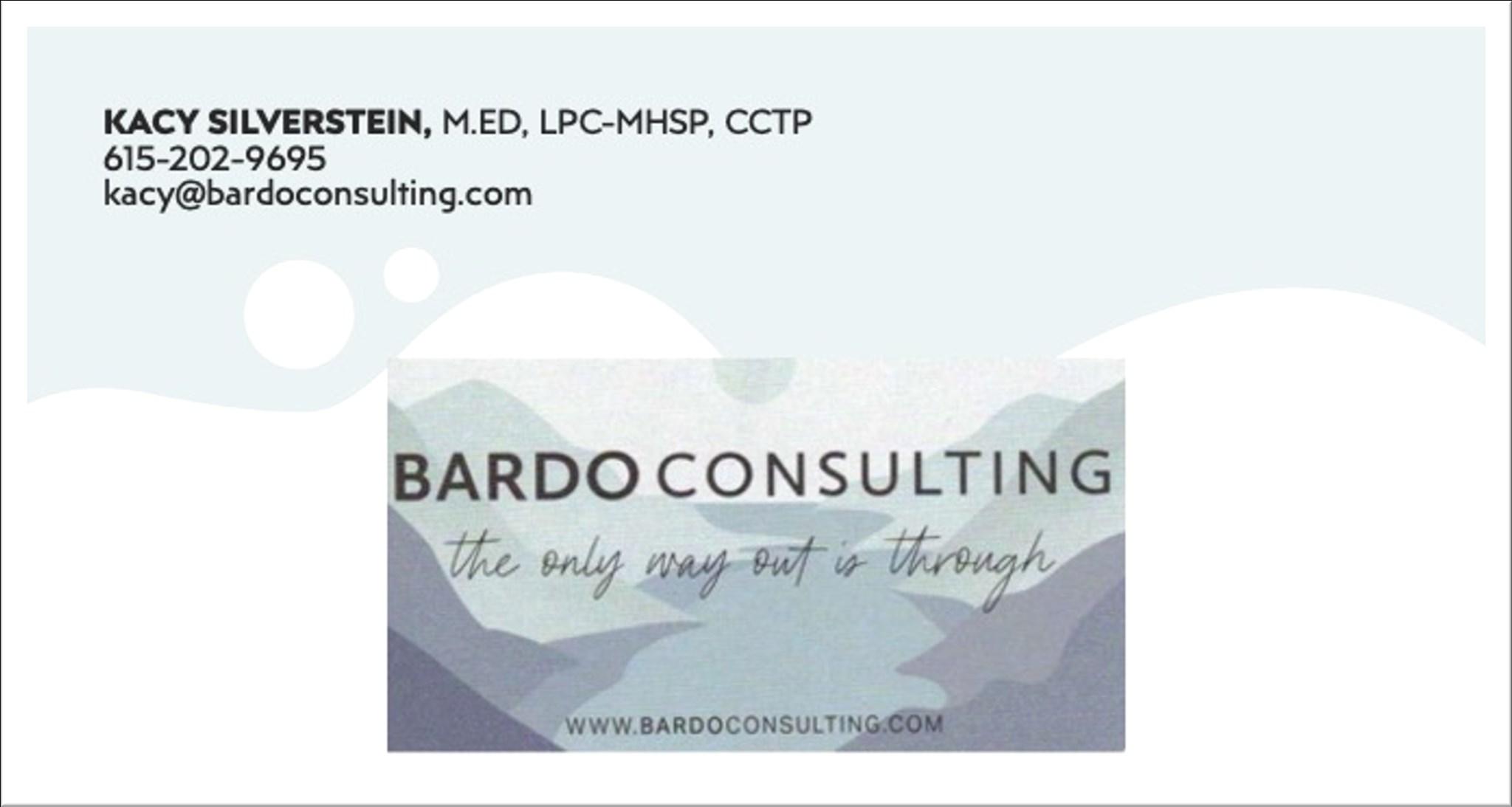


11 (Building a Self, Continued
page 10)
from
2022 NPI BOARD OF DIRECTORS
Linda Manning, PhD; Chair/Social Justice
Tom Neilson, Psy.D; Chair-elect
John Nichols, MS, LPC/MHSP; Immediate Past Chair
Avi Dressler, LMFT; Treasurer

Tonya Mills, LPC-MHSP/T; Treasurer-elect D. Kirk Barton, MD
Krista Conrick; Student Member
Tiffany Davis, LCSW
Emily Ector-Volman, LPC, NCC; Communications
Kristin Finch, LPC-MHSP (temp), NCC
Laura Fritsche, LPC-MHSP; Membership Chair
Valerie Martin, LCSW
Doug Taylor, LPC-MHSP; Speaker Research
Jay Tift, LPC-MHSP; Hutton Historian
Juliana Vokes, MA, LPC (Temp); Social Media
Melissa Vickroy, MS; Executive Coordinator
NEWSLETTER CREDITS


Editor: Emily Ector-Volman, LPC, NCC Layout & Design: Melissa Vickroy, MS Printing: ISSUU online publishing
**Editor’s Note: The content and opinions expressed within this newsletter do not necessarily reflect the views of nor are they endorsed by the Nashville Psychotherapy Institute, the Board of Directors of the Nashville Psychotherapy Institute, or the Editor of the newsletter.

Nashville Psychotherapy Institute

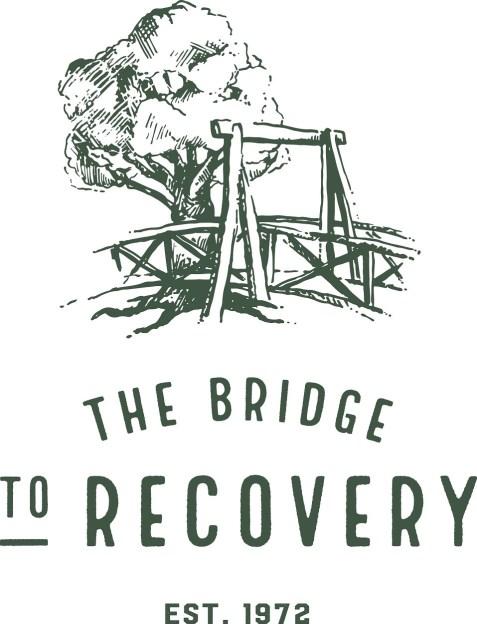

P. O. Box 158626 Nashville, TN 37215 npinashville@gmail.com www.NashvillePsychotherapyInstitute.org

12






























